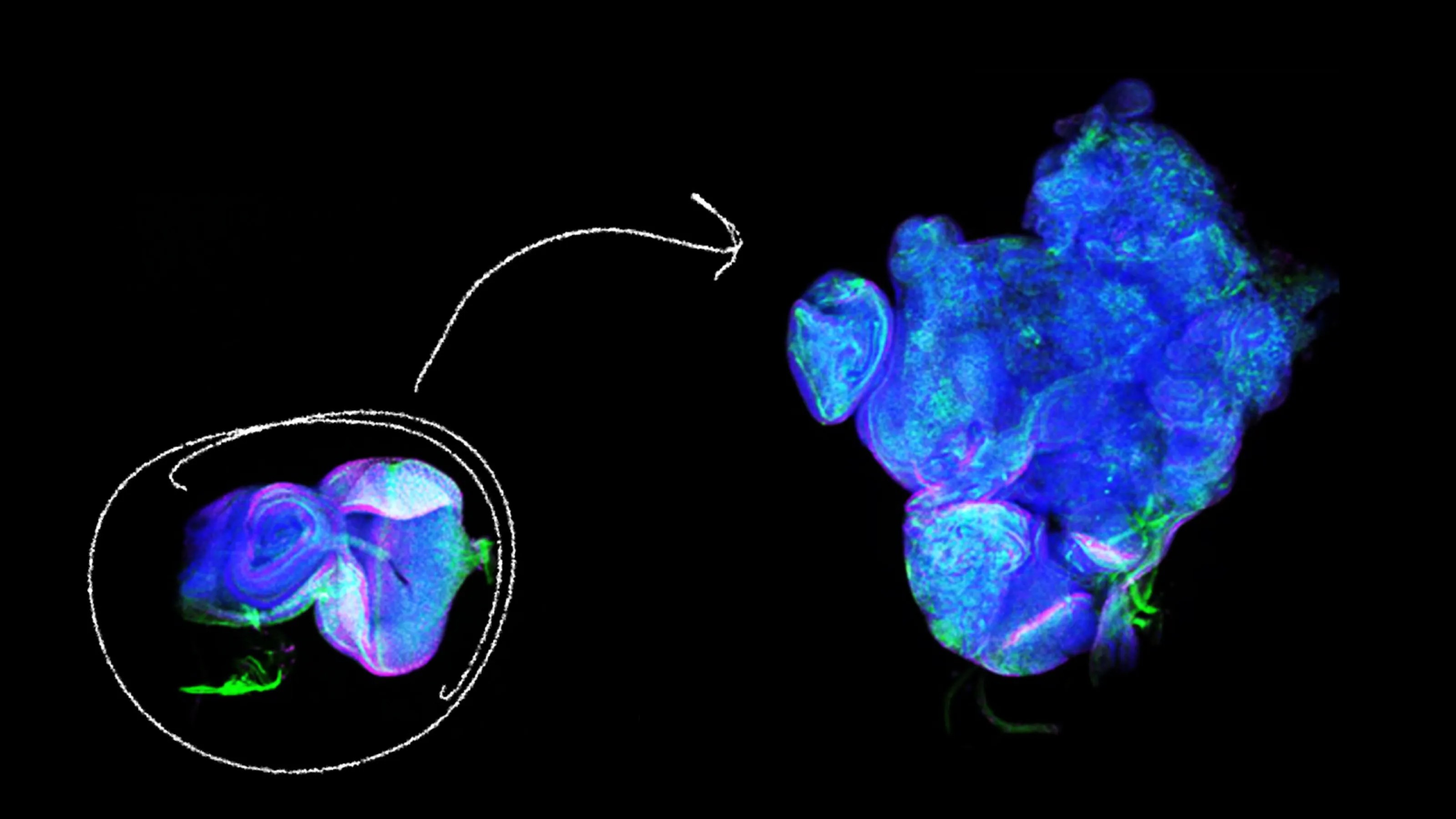Networking has come to take on negative connotations. Adam Rifkin was listed as Fortune’s best networker, with more connections on LinkedIn to the most powerful people in the world than anyone else. Turns out, Rifkin is a giver, “a sun with many different solar systems.”
Adam Grant: When I think about a giver I think about somebody who actually enjoys helping others and often prefers to be on the contributing side of a relationship as opposed to the receiving side and will typically, you know, make introductions, share knowledge, perhaps provide mentoring with no strings attached.
How does a giver sort of succeed but also lift other people up? One of my favorite strategies is one of the stars Give and Take calls a 5-minute Favor, which is the idea that not every act of giving has to be extraordinarily time consuming or costly, but rather, there are ways that you can take small bites of time, almost like a micro loan, and actually share your expertise or your connections with other people. And so one of the recommendations for people who want to achieve success while also helping others is to figure out, what are the ways that you can help others at a small cost to you?
Social networking like Adam Rifkin who’s one of America’s top networkers…. One of the things that Adam does is he really practices this idea of a 5-minute Favor. So every day he’s looking for ways that he can just spend a few minutes of his time to make an introduction between two people who would benefit from knowing each other, to hear an entrepreneur give a five minute pitch and then say, here are the three things that I would do differently if I were you and here’s what I liked about your pitch. And I think that looking for these opportunities can be really powerful, but Adam doesn’t stop there. He then says, “Okay, after I help someone I’m going to go and ask them for help.” But he’s not asking for himself most of the time. He’s asking them to help other people in his network. I think that Adam is on a mission, actually, to create a pay it forward norm where then he builds a whole network of people who are willing to help each other out, regardless of whether they’ve received from each other in the past.
Directed / Produced by Jonathan Fowler & Elizabeth Rodd






